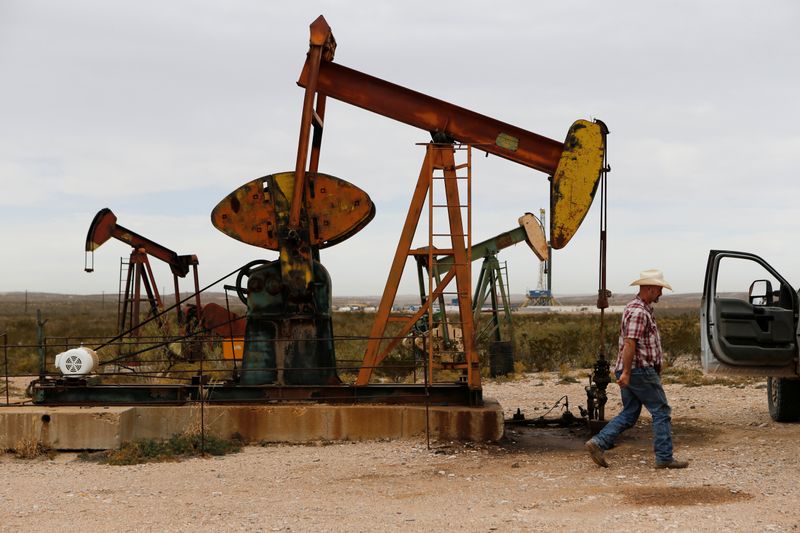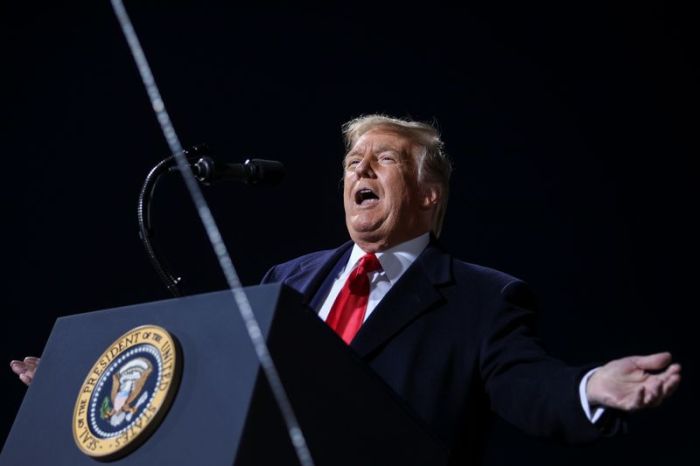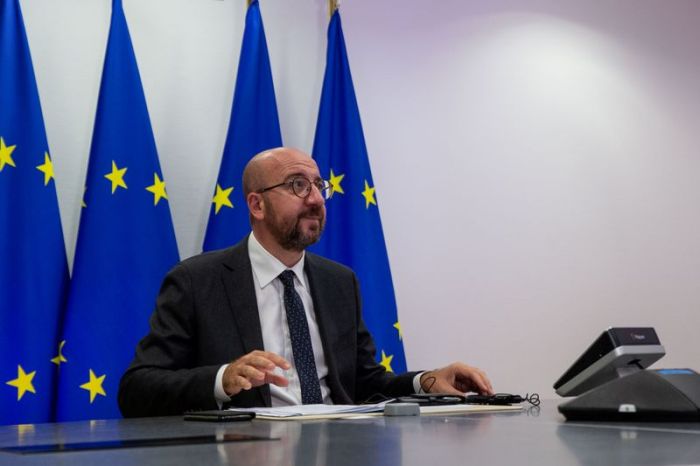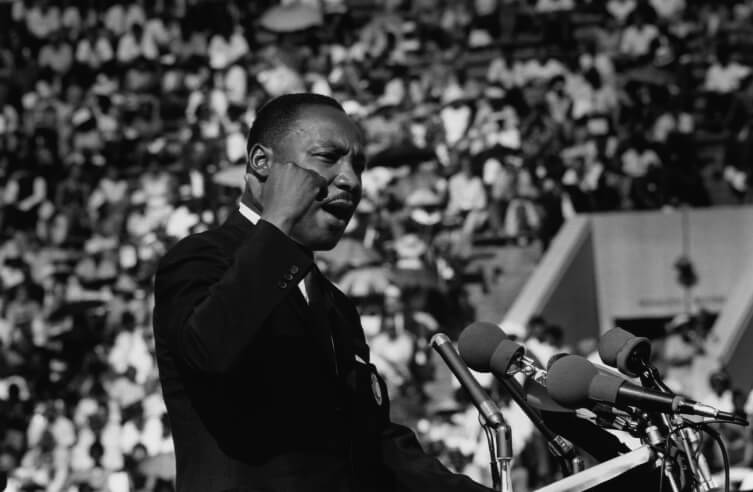NEW YORK (Reuters) – Oil prices settled slightly higher on Tuesday ahead of weekly U.S. inventory figures, rebounding modestly from the previous day’s selloff that was driven by a surge in overseas coronavirus infections.
Analysts said renewed lockdown restrictions in Europe will have only a limited impact on fuel demand, which could prevent a pronounced selloff in oil markets. With major oil-producing nations still restricting supply, the market has been locked in a range for most of the summer.
Brent crude <LCOc1> rose 28 cents to settle at $41.72 a barrel. U.S. West Texas Intermediate crude (WTI) <CLc1> for October, which expires Tuesday, settled up 29 cents to $39.60.
“The energy complex appears immune to negative news regarding the virus while case counts don’t increase enough to force renewed widespread lockdowns,” said Jim Ritterbusch, president of Ritterbusch and Associates in Galena, Illinois.
Fuel demand is expected to falter in countries such as Great Britain, where the government is telling people to work from home again and imposing curbs on bars and restaurants. Infections are rising in several other European countries, including France and Spain.
“As any new restrictions will likely be more localized, the oil demand recovery should still continue, although at a slower pace with the easiest demand gains behind us,” UBS oil analyst Giovanni Staunovo said.
The easing of an oil blockade in Libya also pressured prices on Monday, but analysts said they expected Libyan exports were unlikely to quickly reach the levels seen before the conflict.
Traders were acting cautious ahead of industry data from the American Petroleum Institute on U.S. oil inventories due later on Tuesday, according to Bob Yawger, director of energy futures for Mizuho in New York. Official data will follow on Wednesday.
U.S. crude oil and gasoline stocks likely fell last week, while distillate inventories, including diesel, are expected to have risen, Reuters polling showed.
(Reporting by Laura Sanicola in New York, Bozorgmehr Sharafed in in London, additional reporting by Sonali Paul in Melbourne and Roslan Khasawneh in Singapore; Editing by David Gregorio, Marguerita Choy and Jan Harvey)























